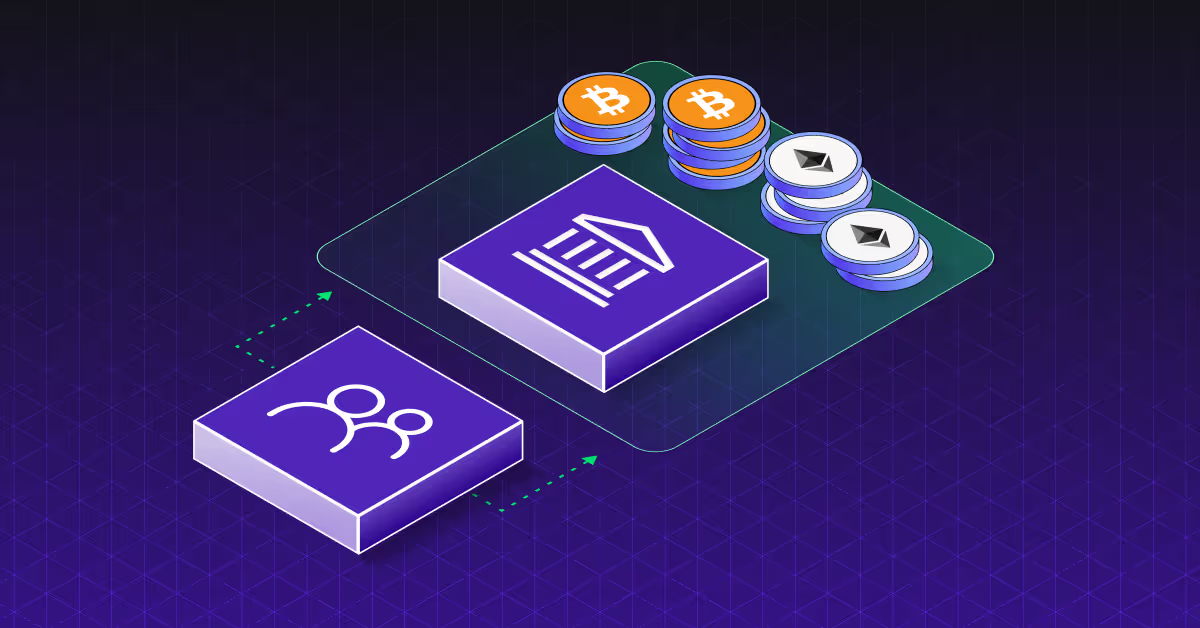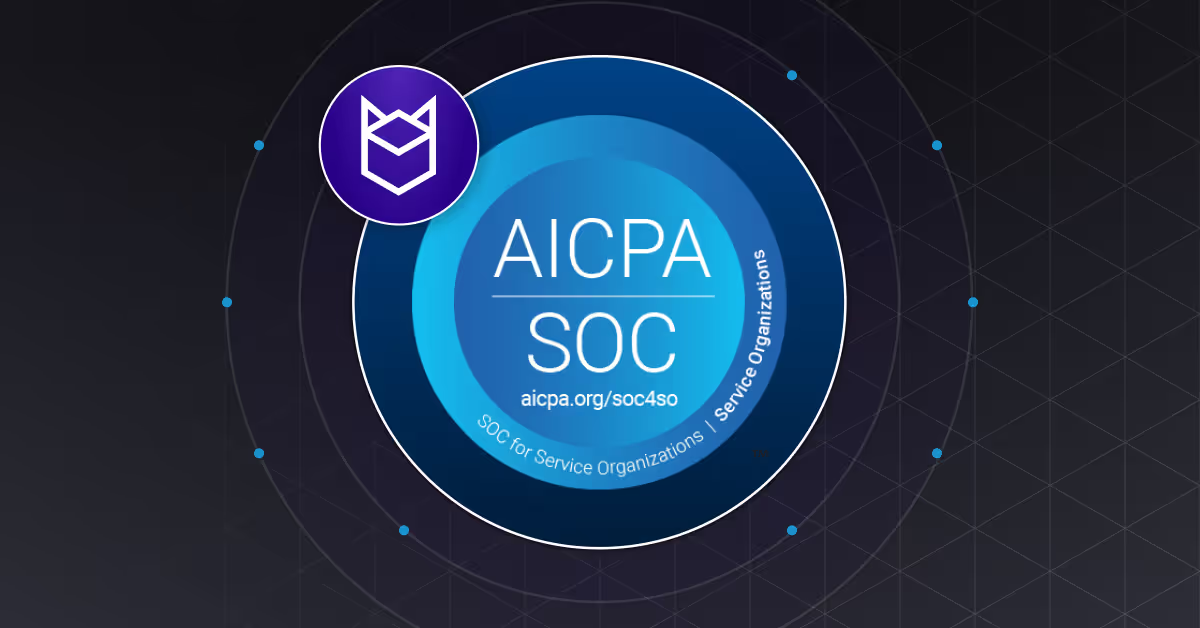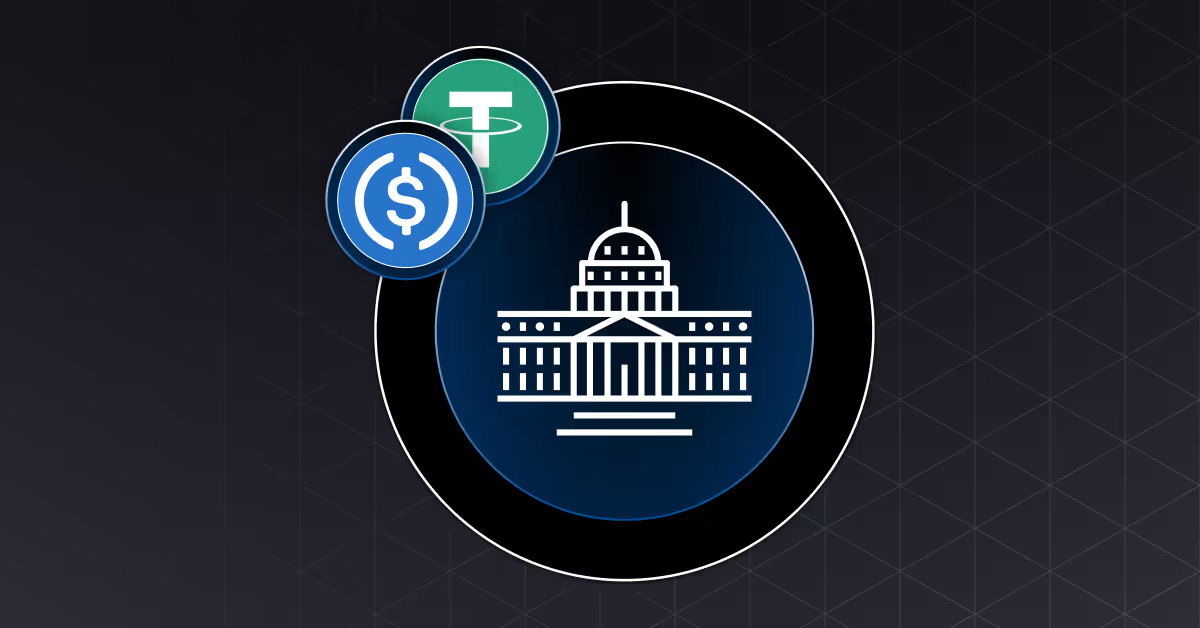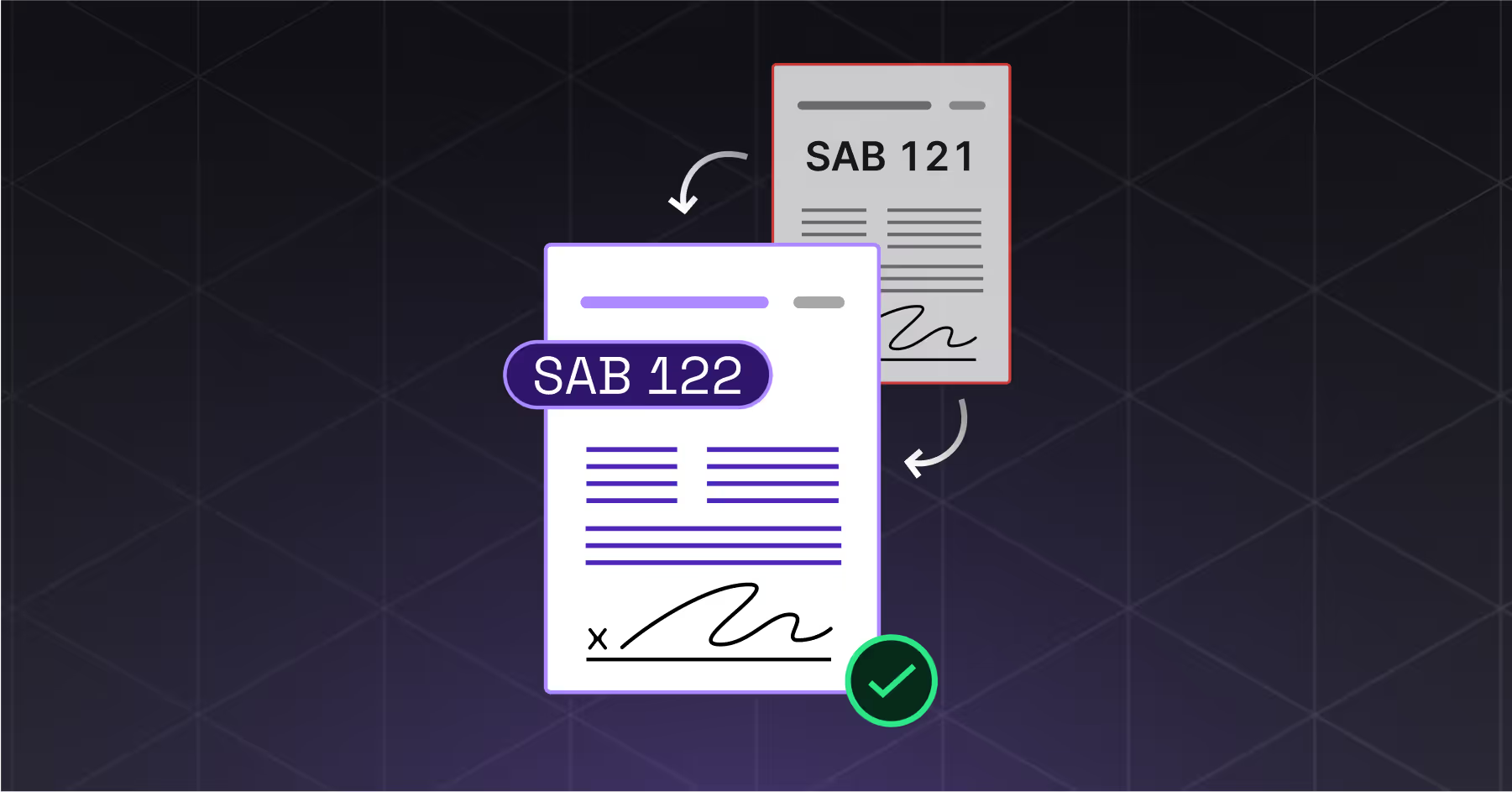Manage assets securely, efficiently, and with compliance
Build institutional-grade blockchain business solutions at scale.

Real-Time Notifications

Wallet Management

Track Wallet Balances

Block-Level Data

Real-Time Data Monitoring

Create & Broadcast Transactions

Conduct Balance Audits

Retrieve Pricing History

Historical Validator Rewards

Calculate Transaction Fees

Execute RPC Methods

Nodes as a Service

Unparalleled Chain Integration
Secure rewards by staking your crypto through a single platform.
mpc wallets & vaults
Manage assets securely, efficiently,
and with compliance
nodes & apis
Build institutional-grade blockchain business solutions at scale.
staking
Secure rewards by staking your crypto through a single platform.
Blockdaemon’s complete node stack supports the flow of data and value for millions of users. Our customers include top tier financial institutions, crypto native companies, exchanges, and many more…






























































.jpg)





